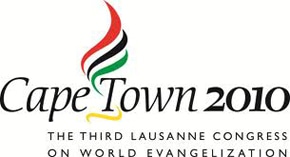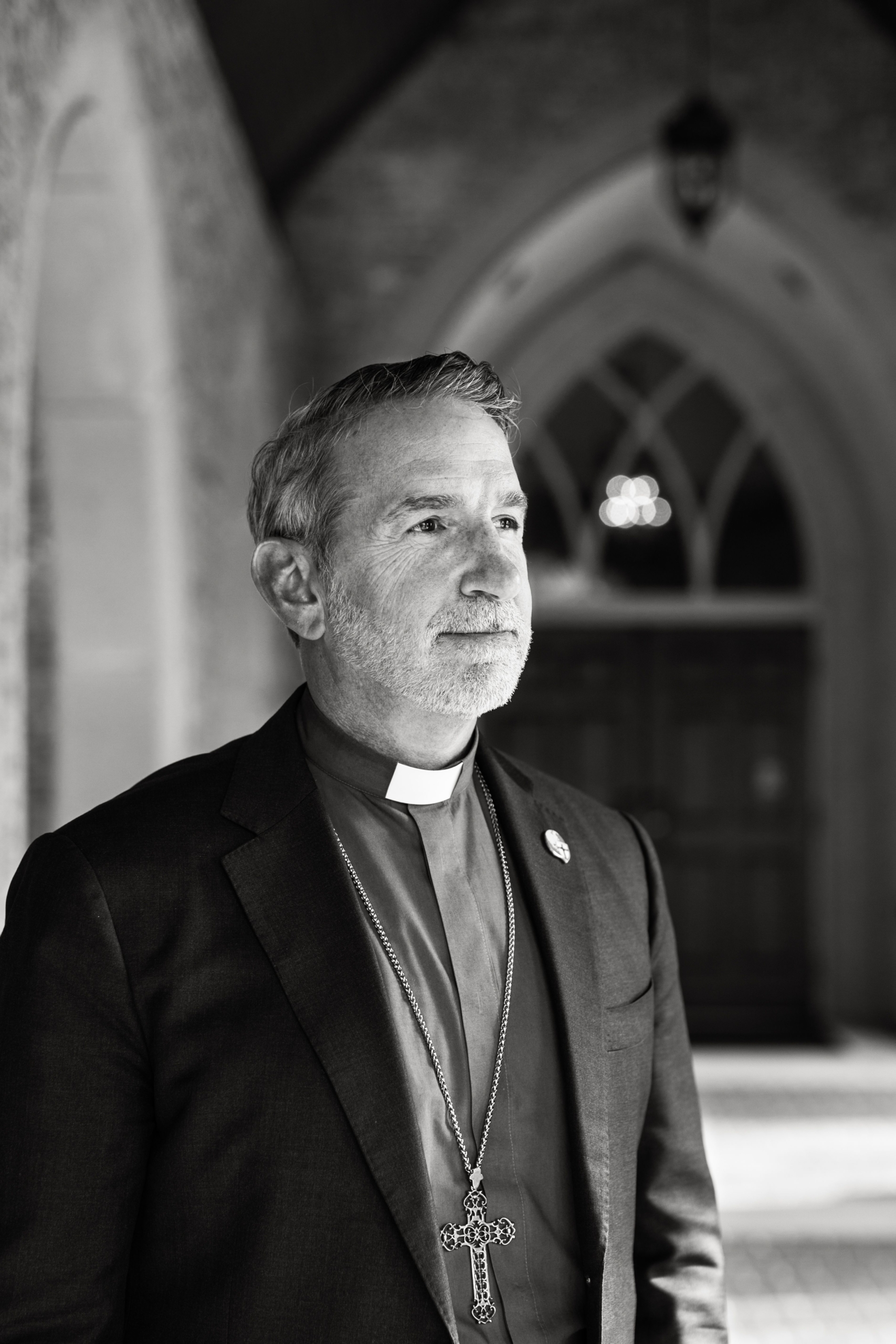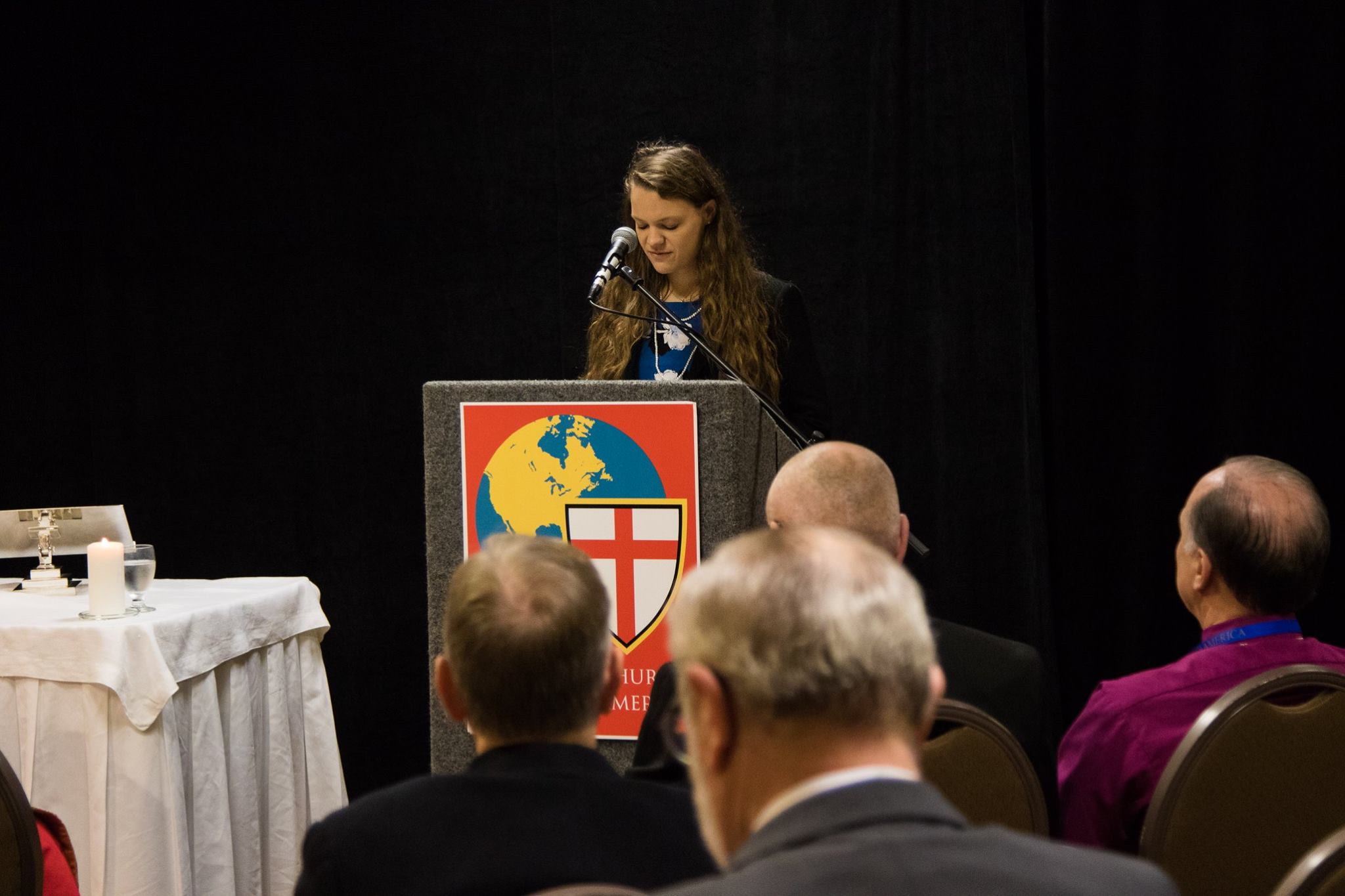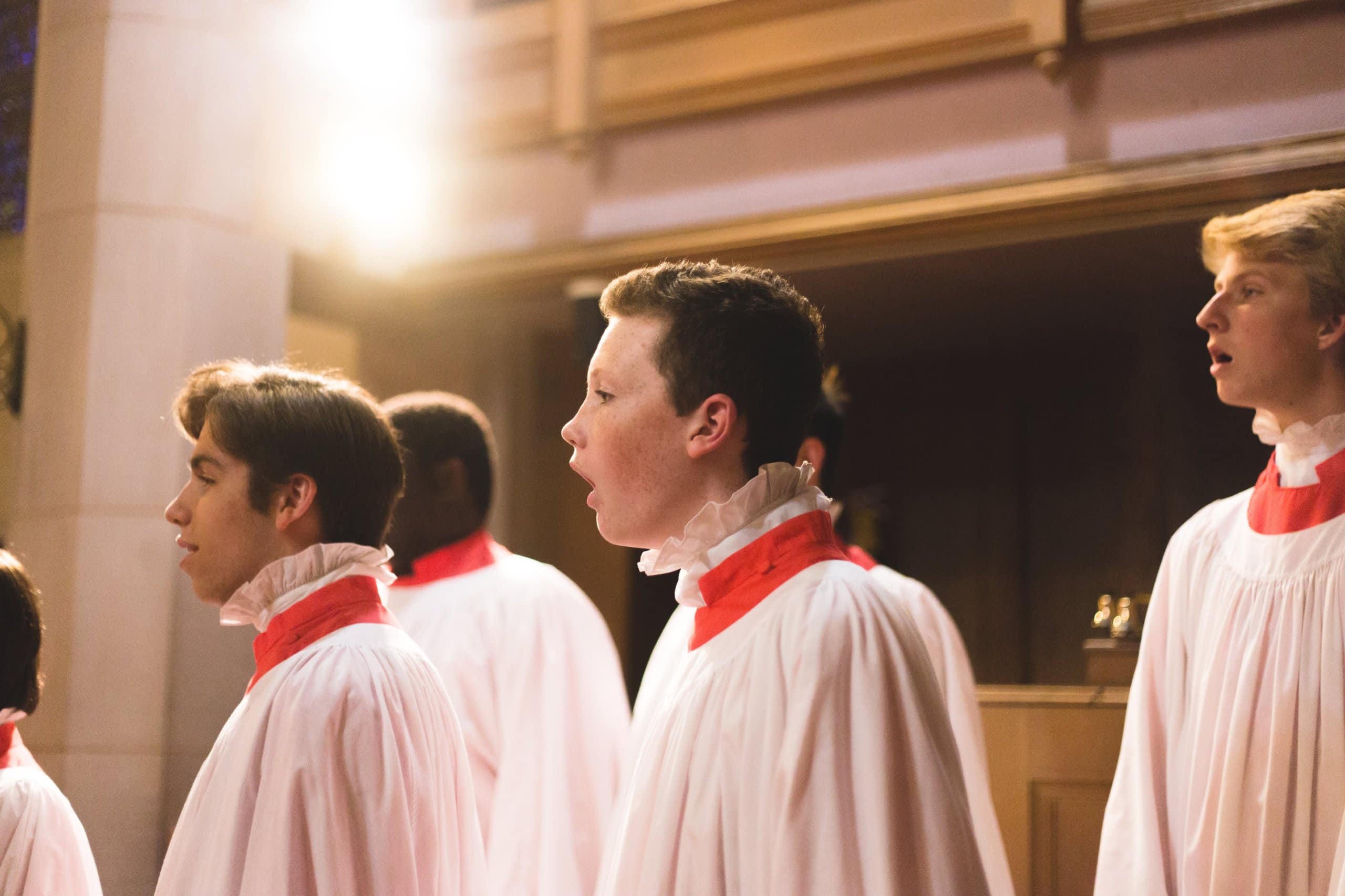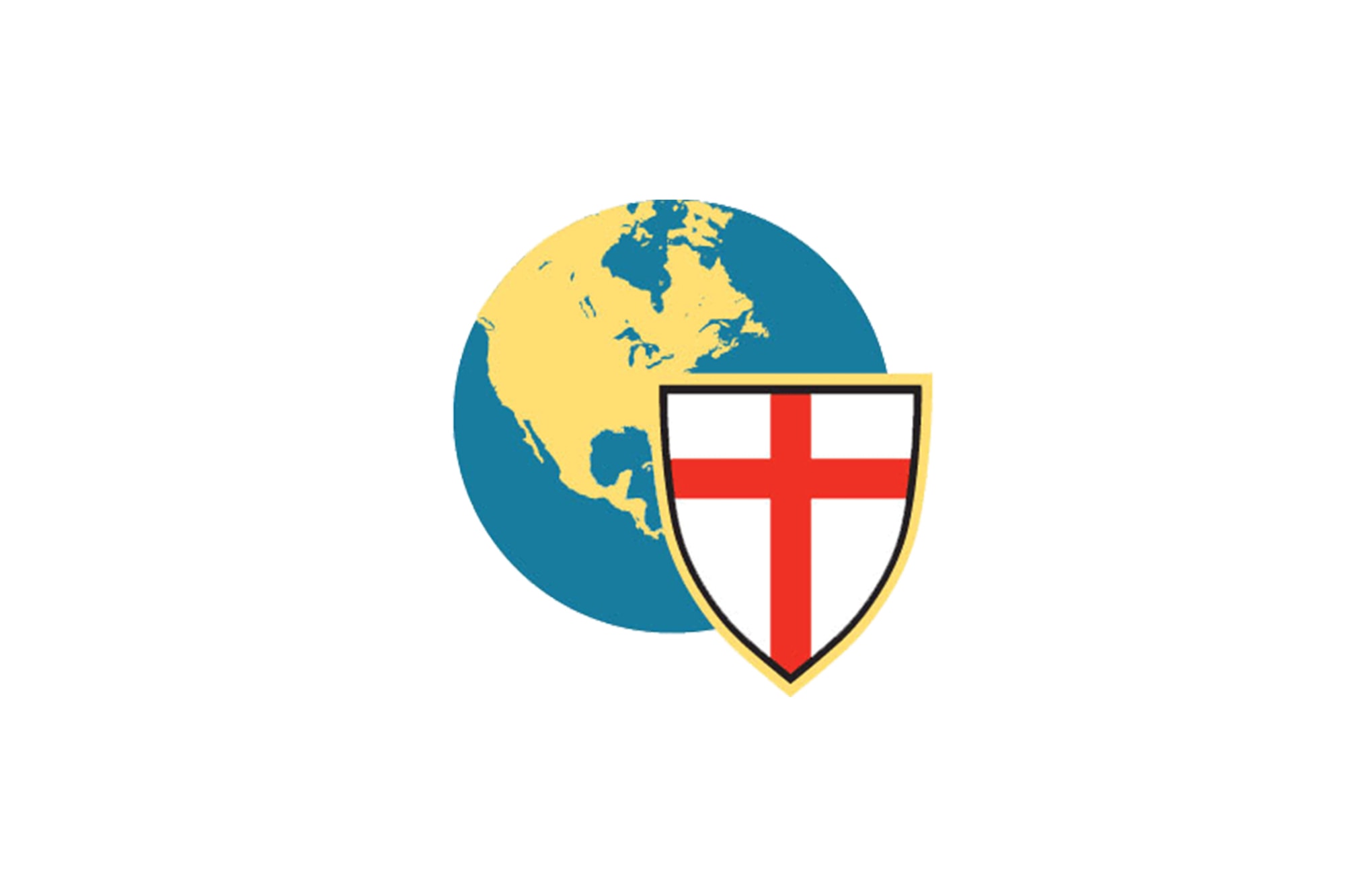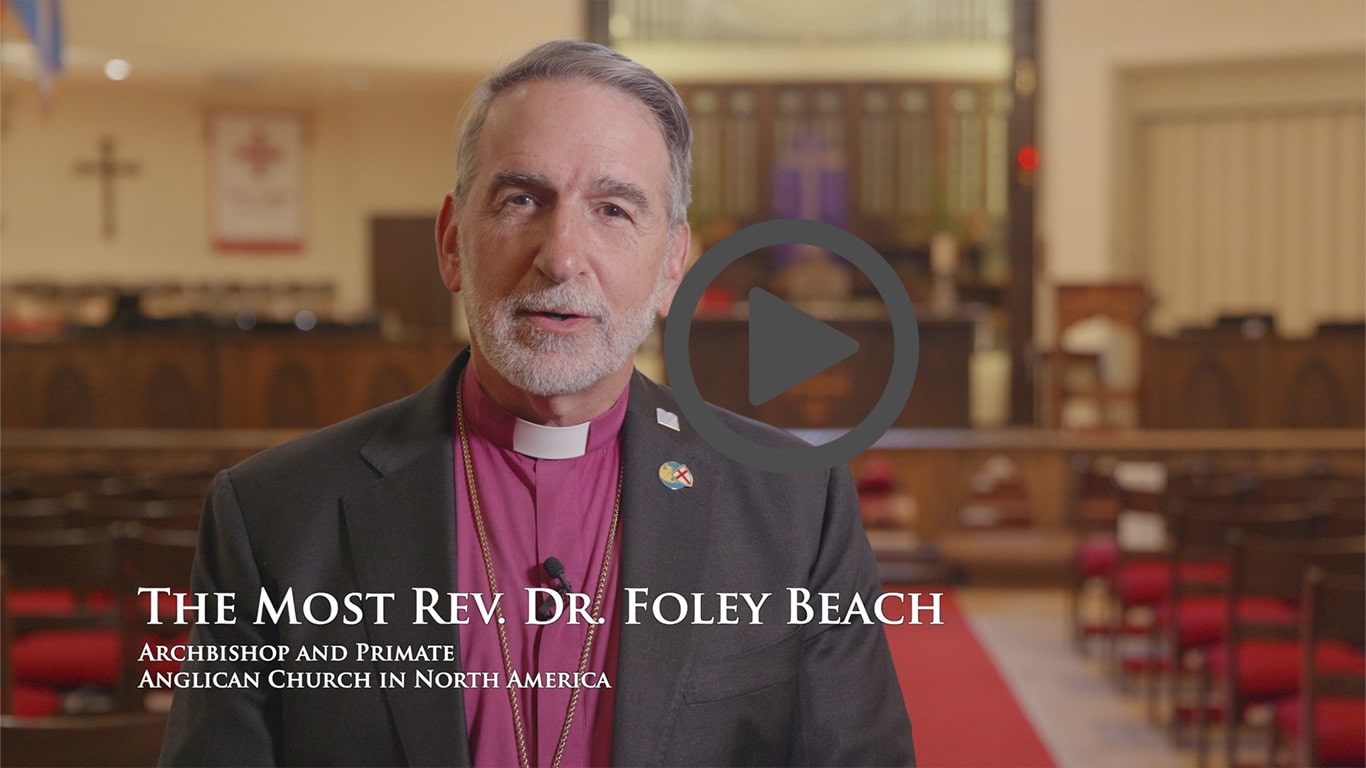Scattering the Proud and Lifting Up the Lowly
Luke 1:46-55
Scattering the Proud
In 1960 the Episcopal Church in the United States reported 3.4 million members. In 2002 the Episcopal Church reported 2.3 million members, a loss of over 32%. By 2008, the denominational membership had declined to less than 2.1 million, with only 700,000 worshippers present on an average Sunday. The Church which boasted the majority of signers of the Declaration of Independence (1776), and still called itself the “Church of Presidents†in the first half of the 20th century, was by the first decade of the 21st century among the fastest declining Protestant denominations in the United States, now representing substantially less than 1% of the U.S. population. The Anglican Church of Canada declined even more precipitously. Average Sunday Attendance in the late 1970s was over 1 million. By the late 1990’s it was just over 700,000. For 2008, the number stood at a shocking 325,000.
Two trends that impacted North American Anglicans significantly from the 1960s onward were theological revisionism in the Church and social radicalism in the culture. Revised texts used for worship became principle vehicles of the theological revisionism.
Lifting Up the Lowly
During the decades between 1960 and 2010, the place of orthodox believers within the Episcopal Church and within the Anglican Church of Canada became ever more tenuous. Forced replacement of worship texts, allowance for re-marriage after divorce, church laws coercing every diocese to accept the ordination of women, and revisionist domination of theological education, resulted in the formation of more than 40 break-away groups of “continuing†Anglicans spread over both countries. Official sanction of the blessing of same-sex unions [marriages] in Canada in 2002 and the national approval of a partnered homosexual bishop in the U.S in 2003, proved the breaking point for an even greater flood who simply wanted to continue in “the faith once for all delivered to the saints.†[Jude 1.3]
The ecclesiastical ruthlessness of the Episcopal Church and the Anglican Church of Canada – removing bishops, clergy and even lay leaders who stood in opposition, coupled with civil legal proceedings confiscating congregational and diocesan properties – might well have succeeded in crushing every one who dared to stand in opposition, but for one thing: the intervention of orthodox Anglicans from the Global South. The first to act were Rwanda and South-East Asia. Then were added Uganda, Kenya, Nigeria and the Southern Cone of South America. Local congregations were taken under protection of foreign archbishops and bishops. African, Asian and Latino leaders were taking in humbled and grateful Caucasians. The colonial ecclesiastical power structure was being turned upside-down. The crisis in America – and the willingness of peoples formerly subjugated by the West to “rescue†Westerners – is one of the principal factors in explaining what is happening in world-wide Anglicanism today. This “godly rescue,†together with the willingness of many North Americans to stand no matter what the cost, is why the Anglican Church in North America, of which I am Archbishop and Primate, now exists, and why it is experiencing extraordinary growth despite all that has come against us from the old hierarchies and the wayward culture.
Lessons Learned
Now I want to share briefly about what we North Americans have learned that applies to the whole Christian Church throughout the world. Four lessons are foremost. I hope they prove among the “take-aways†this dialogue session provides. This session is not fundamentally about Anglicanism, but about the whole Christian Church. The words of the Lausanne Covenant Preface (1974) ring again in our ears: “We are deeply stirred because of what God is doing in our day.â€
Lesson One
Standing in God’s Truth raises God’s Allies
First, when any of us stand for God’s Truth in first order issues, where the salvation of souls rather than condemnation of opponents is our goal, it brings unity in the Church, true unity. The whole Church throughout the world is also challenged to stand with you. Foreign and ecumenical partners are invited to be at their best, and allies emerge from countless unexpected places. “Fear not, for those who are with you are more than those who are against you.†[2 Kgs 6:16] Faithful Anglicans in other parts of the world were willing to stand with us once they knew we refused to compromise the faith once-delivered. Not only that, but ecumenical allies have come along side of us, allies as diverse as Metropolitan Jonah of the Orthodox Church in America and Dr. Rick Warren of Saddleback Church in California, both at this Congress. Many here at Lausanne III, and countless souls you lead, have acted to encourage us and to intercede for us. This unity goes way beyond anything I have ever experienced. Both ethnic division and denominationalism fade away.
Lesson Two
Humility builds God’s Partnerships
Second, humility builds God’s partnerships. Humility and charity – as well as forgiveness and reconciliation – among those partnering are essential for God to work in situations where social, economic colonial and ecclesiastical inequalities have heretofore operated. Partnerships of extraordinary proportion emerge. New learnings abound. We in the U.S. and Canada have learned a great deal about ways churches can be planted, about the necessity of ending our silence concerning resurgent Islam, about evangelism and discipleship, and even about how ancient structures might serve mission once again.
The rich have to become poor in the things they previously judged to be their riches, and the poor have to see themselves as God sees them: perhaps from the “weakest of the tribes,†but “mighty men of valor†nonetheless. [Judges 6:11-16]
Lesson Three
God does lift up the Lowly
Third, God “magnifies†the lowly. Global South Anglicanism is now majority Anglicanism. The average Anglican is now a woman, an African, a mother, and under the age of 20. We are not the Church of England anymore. God speaks to us of previously unimaginable possibilities. For us in the Anglican Church in North America we believe God has set us to planting 1000 new churches in our first five years of life. 1 or 2 potential church-planters contacts our office every day! 500 will gather at our Anglican 1000 Summit in January. What is equally astounding is what I call “Anglican fever†on university and seminary campuses. Five weeks ago, Dean Timothy George of Beeson School of Theology in Birmingham, Alabama, a school of Baptist foundation, informed me that “the fastest growing group of students are the Anglicans.†I met with twenty eager Wheaton College students in August. All are part of newly formed Anglican congregations in the Chicago area. None of them were raised as Anglicans. All believe themselves called to some kind of missionary life as committed disciples of Jesus. They want not only to tell about Jesus, but to do what Jesus did. These are by no means isolated North American stories. From the ruins of the heretical and wayward denominations that marginalized, exiled and expelled the faithful of an earlier generation, a new generation is clearly being drawn to believing and serving in the humbled and renewed Anglican Church that is emerging.
Lesson Four
Personal Conversion deepens with Gospel suffering and sacrifice
Fourth, personal conversion deepens with sacrifice and suffering. We have learned that the cross of Jesus is the way of life. We have firsthand evidence that those who are prepared to give up buildings and endowments and pensions and relationships and respectability, for the sake of the gospel, are far more committed disciples than they were before their trials and their struggles. Deciding for Jesus changes people, not only at the first, but every time the cross is embraced. Among those already facing challenges of poverty, war, disease and famine – but who nevertheless act to help other suffering brothers and sisters – perhaps even on a faraway continent – for these God also deepens their conversion, often also bringing new friends and new hope, renewing godly self-image, and opening lines of provision for their original needs.
Scattering the Proud and Lifting Up the Lowly
I speak to you with all humility. Ours is no North American triumph. Ours is a rescue story in a global Church. It is not necessarily an Anglican story. It is a story of the whole Christian Church at its best.
